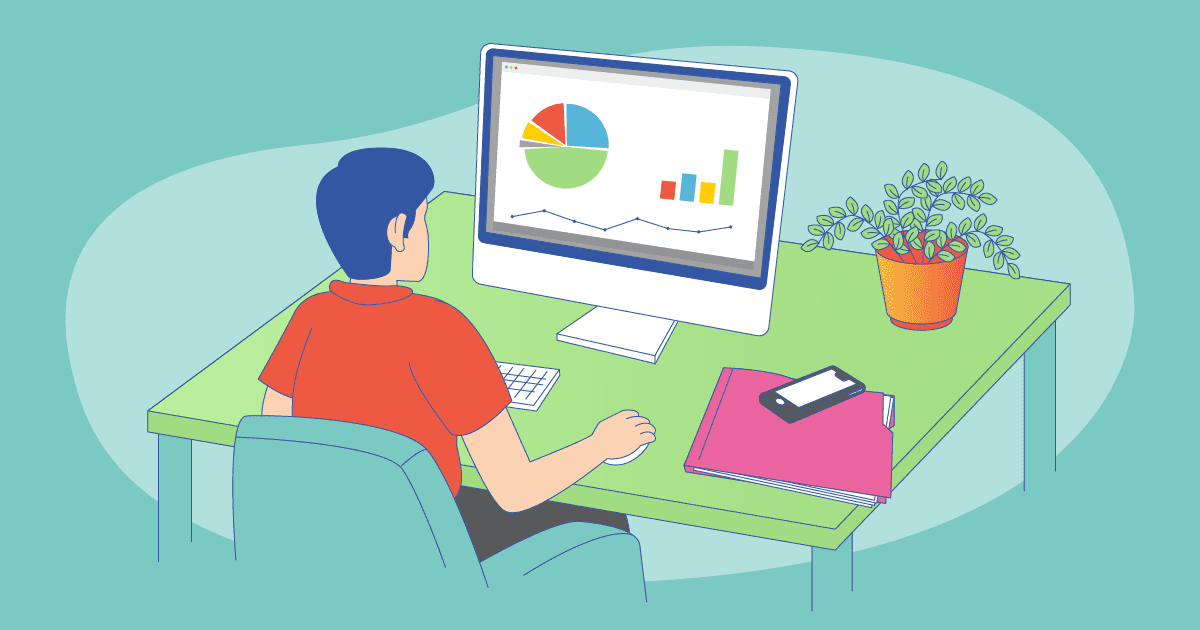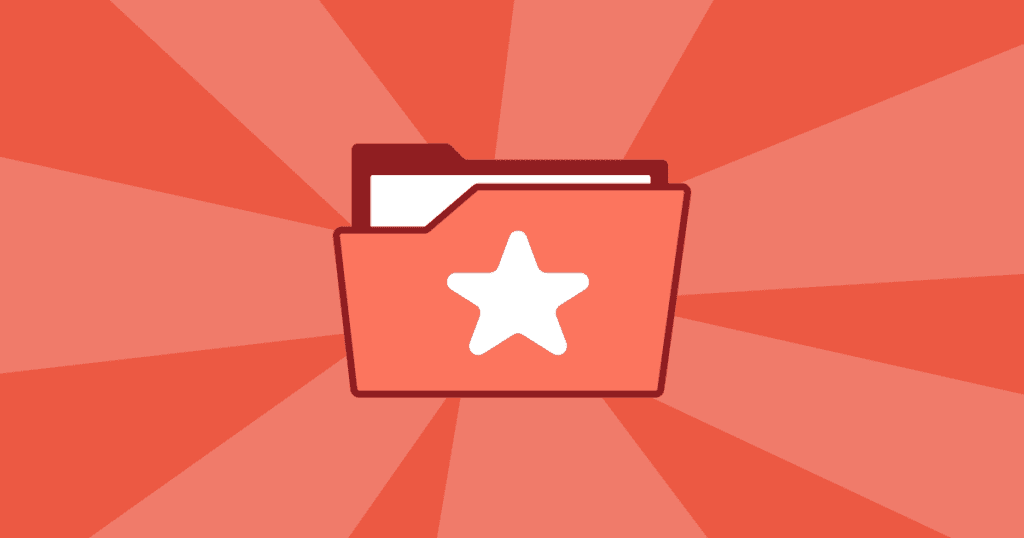Some event platforms, like Expo Pass, can track registration, attendance, who’s watching what, when, and where, and just about every interaction people have with your event.
But how does all that data actually help organizers create better events? And how can exhibitors use their event analytics to build lasting business relationships? It seems like a tall order. The truth is, the data is the key. Helping you uncover exactly what attendees want, and how to create the best event experience for them. To explain further – here are our favorite ways to get the most out of your event analytics.
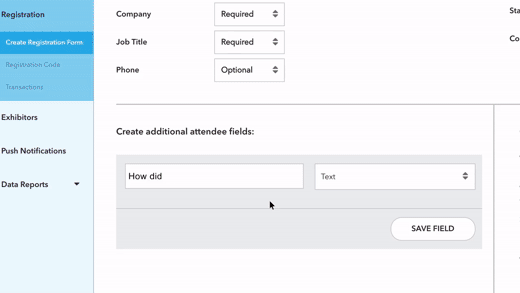
Use registration data to connect with future attendees.
SXSW will return in-person and hybrid this year with the theme “URL + IRL”. A literal combination of our online existences and meeting in-person again, or “IRL”.
We expect the event to be a good litmus test for how all kinds of meetings can look in 2022. There will be tech panels, film screenings, VR/AR expos, hybrid streaming, and countless music showcases. It will be interesting to see what’s changed, and what attendees can’t get enough of these days.
SXSW is one of the only events in the world where an entire city transforms into one giant meeting space. Convention halls, dive bars, hotel rooftops, and anywhere people meet, all band together.
Rock-solid registration data tells organizers not only who is registering for the event but what the attendee hopes to get out of the event and how to create the best event experience for them.
This all starts with a platform that allows you to pose real questions to attendees. Such as: What kind of sessions or speakers are they looking forward to? What’s their goal for attending? What food or drinks do they want at the event? Or even their shirt size for some nifty swag. It’s all about those custom event registration questions!
Registration data can also show which registration types people might have left in their carts on the way out. Giving you insight into why that might be. As the event date gets closer, turn this information into specific promotions and discounts for attendees who were on the fence.
Every attendee is different, everyone has a slightly different takeaway from the event experience. Registration analytics help you create the best experience for attendees right from the start.
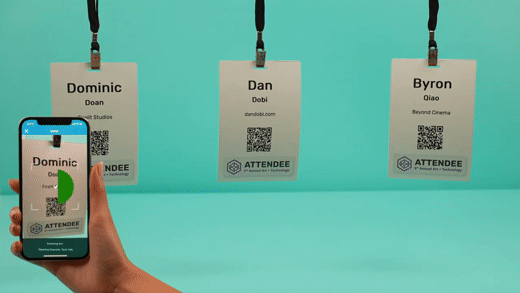
Attendance Tracking keeps everyone moving in the right direction.
Good event analytics will show which attendees are attending what sessions. This way you can see trends forming between attendee groups, and where everyone is in your event at any time.
Attendees never want to feel like they missed out. Attendance Tracking helps organizers ensure attendees are always in the right place, at the right time. Knowing where attendees are at all times can also give peace of mind when contact tracing for a health and safety reasons.
With virtual events, attendance tracking can tell you who is in each session and how they are engaging with the content. What are they playing? Replaying? How long are they watching it for? All of this data is essential to learn what your virtual attendees have the most interest in.
When it comes time to creating certificates and CEC’s, your attendance data will help get this done quickly and efficiently. Even for hybrid events, where people attended in-person and virtually. Everyone will be checked-in and accounted for in your event analytics.
Everyone wants to know they are making the most of their time when they choose to attend an event. Attendance tracking is the key to making this happen.
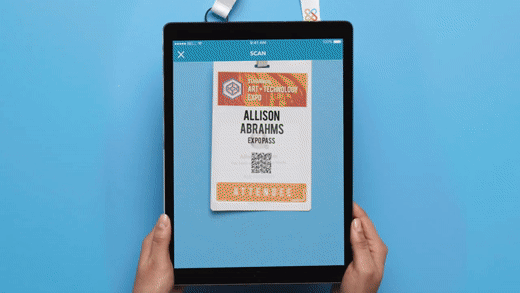
Using lead retrieval can create meaningful business relationships.
Lead Retrieval is all about making it easier to connect with more people that you want to do business with. At Expo, we do this with a simple app where exhibitors scan a QR code on attendees’ badges. Once scanned, they can easily collect and store contact info.
This data gives exhibitors a real-time look at who they are meeting as the event progresses. To help narrow down the best leads, exhibitors can add questions and qualifiers for attendees. This step ensures they are a good fit for their business.
The best part – all this data is easy to upload to your CRM database. No more punching in business cards by hand!
For virtual events, exhibitors can see which ads attendees are clicking on their event website. This helps exhibitors find attendees that are interested in their business, and gives insight into which ads were most successful.
Exhibitors want to know that they made a connection with every possible business partner – event analytics makes that happen.
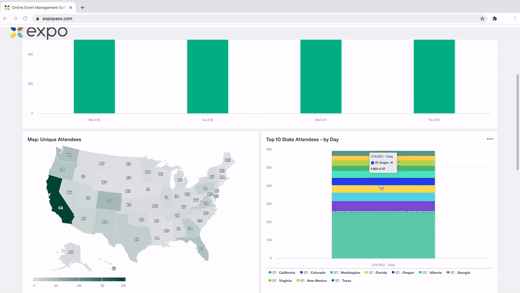
Video consumption data creates better content.
A good virtual and hybrid event platform can track who is watching what videos, from where, and for how long. From this event organizers can paint a clear picture of what content attendees like most.
This data is useful for content creation on social media. Pick the most-watched sections, piece them together, and know that your reel or Instagram story is proven to be successful.
Bottom line is, content is king. Now, more than ever you need every tool you can get to make sure your content sits above the rest.
Event analytics is all about creating better connections.
With the right plan, event analytics can help attendees, organizers, and exhibitors build stronger relationships. Pushing everyone’s businesses to the next level.
Registration data is key to understanding attendee needs and creating events that people will connect with. Attendance Tracking ensures everyone is in the right place at the right time. And personalized Lead Retrieval helps exhibitors find people that are a good fit for their business. So really, all that data is the roadmap that will bring more people together at your event!
